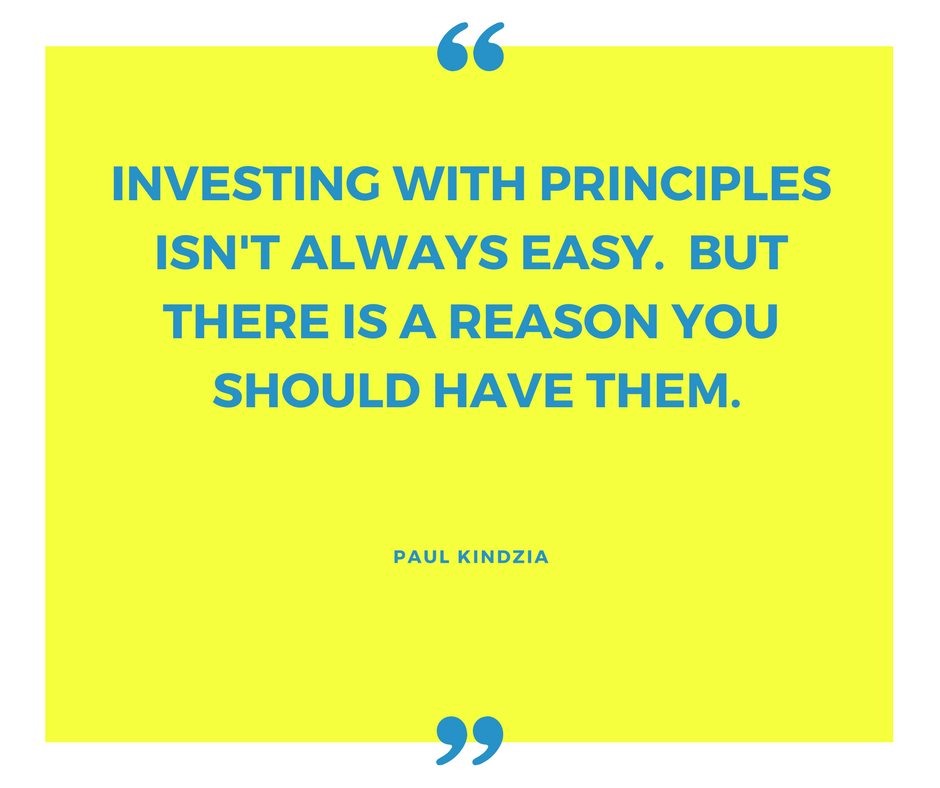
I get the most phone calls and meeting requests from clients during two different circumstances; when markets are getting crushed and when markets are going through bubbles.
Currently, the market is making its way through yet another bubble. Valuations are at extreme levels only seen a few times before in market history. Those other instances it all ended in tears.
I’m a value-based advisor. I’m also one that invests using investment principles that have proven to be quite accurate over history. The main principle is to never overpay for an investment. If you boil investing down into the simplest of objectives, it would be to buy quality investments at attractive prices (or even reasonable prices.) That’s it. That’s the magic sauce. The secret to the entire sha-bang.
But that’s really not what the overwhelming majority of investors do. Rather, they buy what is hot, what is appreciating right here and right now without any regard to risk, perspective, value, or return potential.
Human behavior also includes a healthy dose of the “fear of missing out” (FOMO). It can drive the best of them completely mad when it appears that others are making big or easy money and they aren’t. Nobody likes to feel like they are missing out on something good, especially a free lunch.
Unfortunately, there are no free lunches in economics.
When investors sound off about “missing” something in the markets and being frustrated about it, I can tell they don’t have any concrete principles that they are following. Rather, they just have an overwhelming dose of FOMO (fear of missing out).
When markets are this extreme, I don’t feel like I am missing out on the same things they feel they are missing out on. I pay less attention to the daily moves in the markets (even if they are gains that appear to be going straight to the moon) and more on what I’m really trying to miss out on which is bypassing or sidestepping risk. I don’t want to lose capital with bad risk/return profiles. I don’t want to lose money…period. I understand to make money, one does have to take risks. That is part of the game. But I’m much more willing to take risks when the upside is worth what I perceive the downside being.
Simply put, I want to lower my risk and raise my return potential. How does one do that using principles? They buy quality investments at attractive prices (or at least reasonable prices).
Finally, just an insight into the world of being a financial advisor (for all of you other advisors out there). Many of your clients will end up being transitory. It’s part of the game. People will end up doing what I call “opinion shopping.” That’s where if they don’t like the advice they are getting from a professional (which could include health advice, legal advice, financial advice), they will continue to shop until they locate a professional who is willing to prescribe what it is they are seeking from the start.
As proof of this in the financial markets, that’s why you will see so many asset managers “chase” returns and hot stocks or sectors. They feel like they have to keep up with everybody else regardless of risk. If they don’t, the clients will leave them, fire them, yank capital and find someone who appears to have the hot hand.
Keep in mind that many of your clients really can’t afford big losses. They are too under saved and over-committed financially. So although the allure of easy returns can give them the hope of catching up or getting ahead, it shouldn’t surpass the math that shows low return and high-risk probabilities when accounting for extreme valuations as we have them now.
If you are an advisor, you’ll have to decide how you want to handle this reality. Do you want to chase returns or do you want to stick to your own bread and butter and the principles that you have built up over time that will serve you over the long run? You can’t do both all of the time. So you must choose.
If you want a funny example of this, look no further than Warren Buffett and Berkshire Hathaway. Every single day, millions of shares of the “B” shares trade hands. That means millions of shares are sold every single day. You have the best value manager in the world and yet everyday investors choose to fire him with new investors coming in and buying. This has gone on for decades.
So if people “fire” or wane, or tire, or get impatient with the greatest of all time, why are you expecting different treatment for yourself as an advisor? It’s good to have that reality check for yourself to reset your expectations.
If you are a value investor, be a good value investor. If you are chasing indexes, then go chase indexes. If you are a risk manager, then minimize risk. Know what you want to be and what you want to be good at. Don’t be bi-polar, especially with client money.
If you perceive markets to be extremely risky, then call a spade a spade. Don’t apologize for it. It isn’t your fault. You didn’t create the situation, nor can you control it. Markets are going to do what they are going to do. Be a good fiduciary. Be truthful, be honest, be transparent. But don’t give advice that is tainted by your own personal needs above the real needs of your client.
